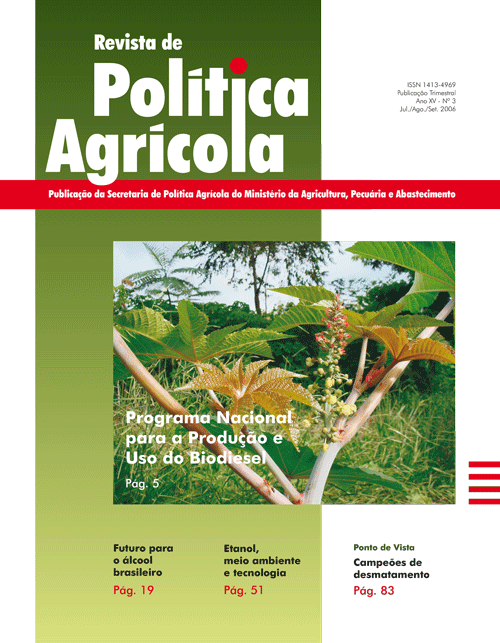Produção de álcool combustível a partir de carboidratos
Palavras-chave:
álcool, produção, combustíveis renováveis, carboidratosResumo
Desde os primeiros momentos da indústria automobilística, o álcool tem sido considerado como um combustível viável. De fato, o primeiro modelo desenvolvido por Henry Ford tinha seu motor adaptado para funcionar tanto com álcool como gasolina. Entretanto, como a gasolina tornou-se mais barata e disponível que o álcool, este combustível deixou de ser considerado prioridade até as crises econômica de 1929 e do petróleo dos anos de 1970. Assim, inicialmente a produção de etanol foi justificada por aspectos políticos. Atualmente, a ênfase em redução da poluição e limitação do aquecimento global também têm sido fortes motivações para a continuidade de produção e uso desse combustível renovável. Embora no Brasil o uso de cana-de-açúcar para produção de álcool seja muito bem-sucedido, outras matérias-primas devem ser consideradas futuramente, seja para possibilitar a produção em regiões sem vocação agrícola para aquela cultura, seja para inclusão de pequenos produtores usando materiais amiláceos como mandioca e batata-doce, ou com a utilização de materiais lignocelulósicos quando esta tornar-se uma realidade. Dessa forma, este trabalho fala de aspectos técnicos da produção de etanol a partir de carboidratos, considerando as principais vantagens, dificuldades e inovações técnicas em seu uso.Downloads
Como Citar
Machado, C. M. M., & Abreu, F. R. e. (2015). Produção de álcool combustível a partir de carboidratos. Revista De Política Agrícola, 15(3), 64–78. Recuperado de https://rpa.sede.embrapa.br/RPA/article/view/510
Edição
Seção
Artigos Científicos

